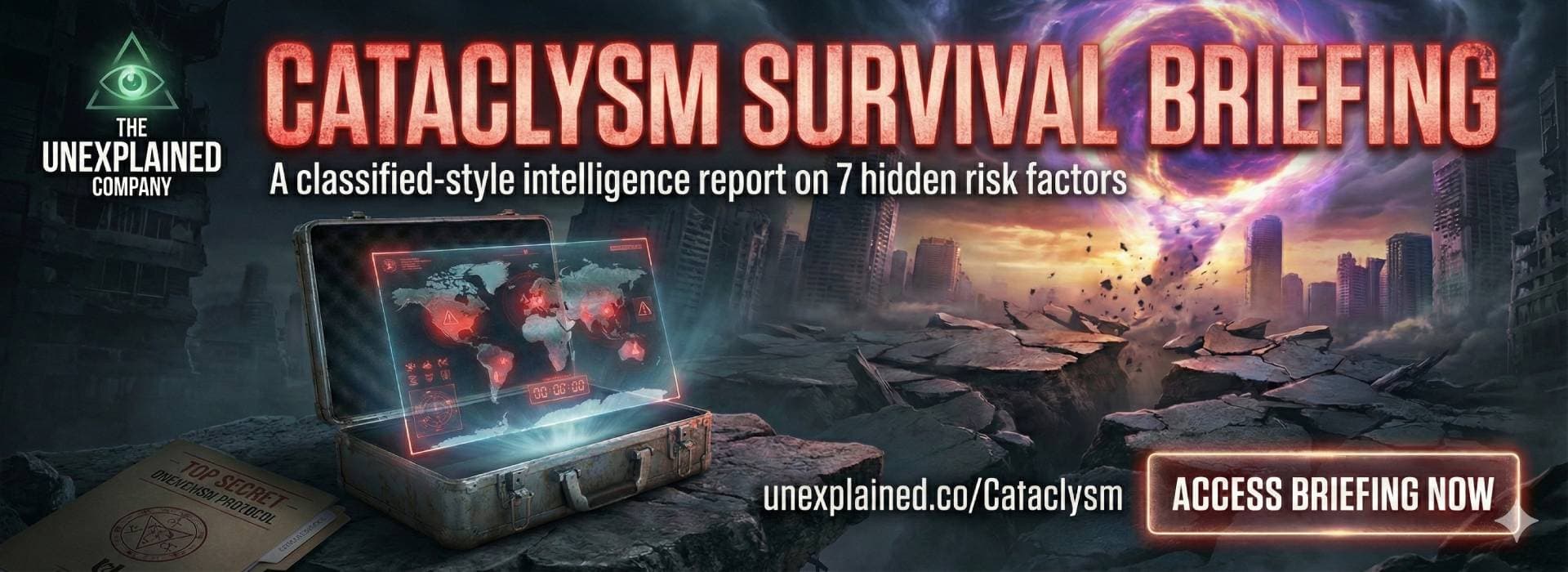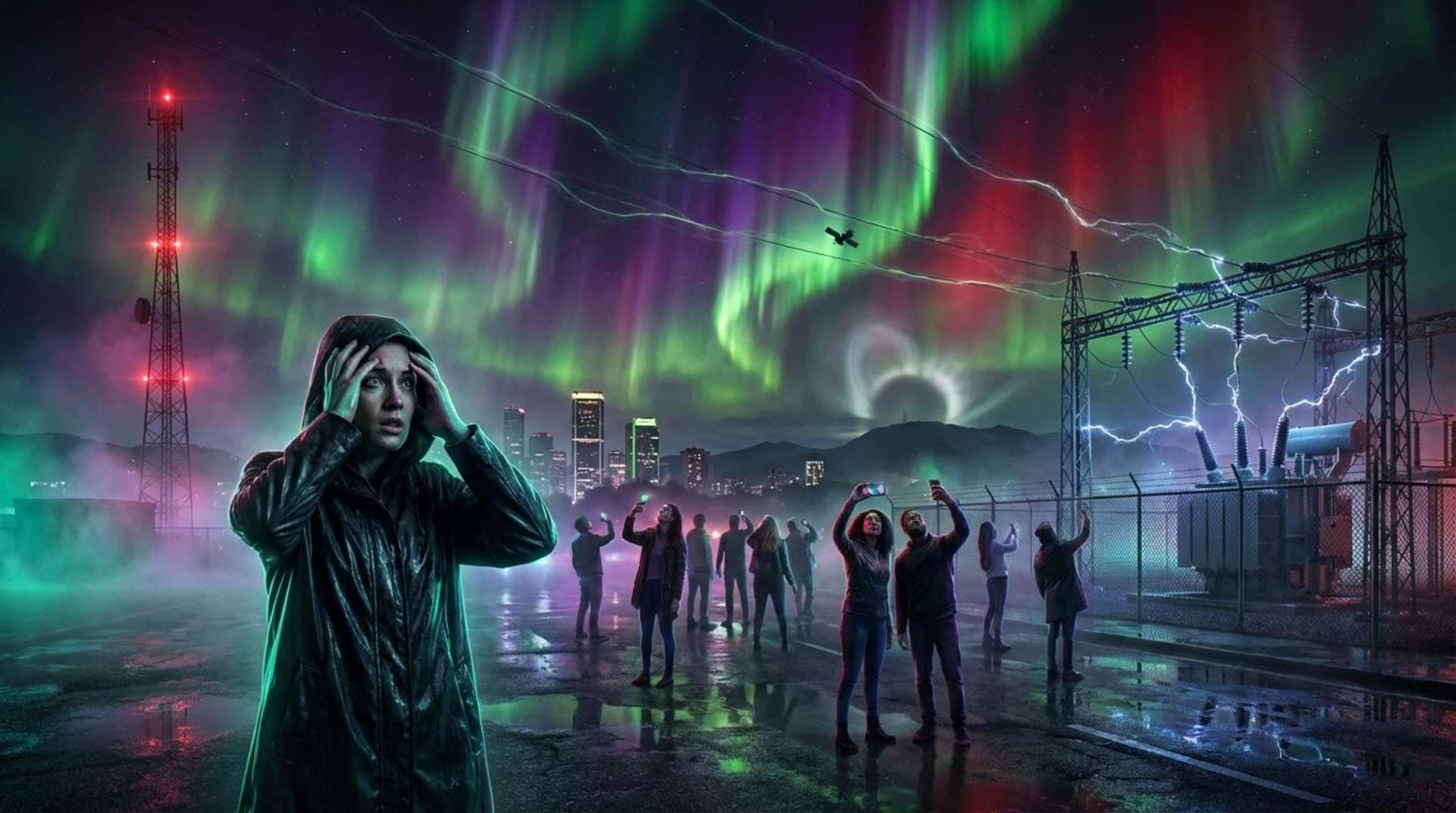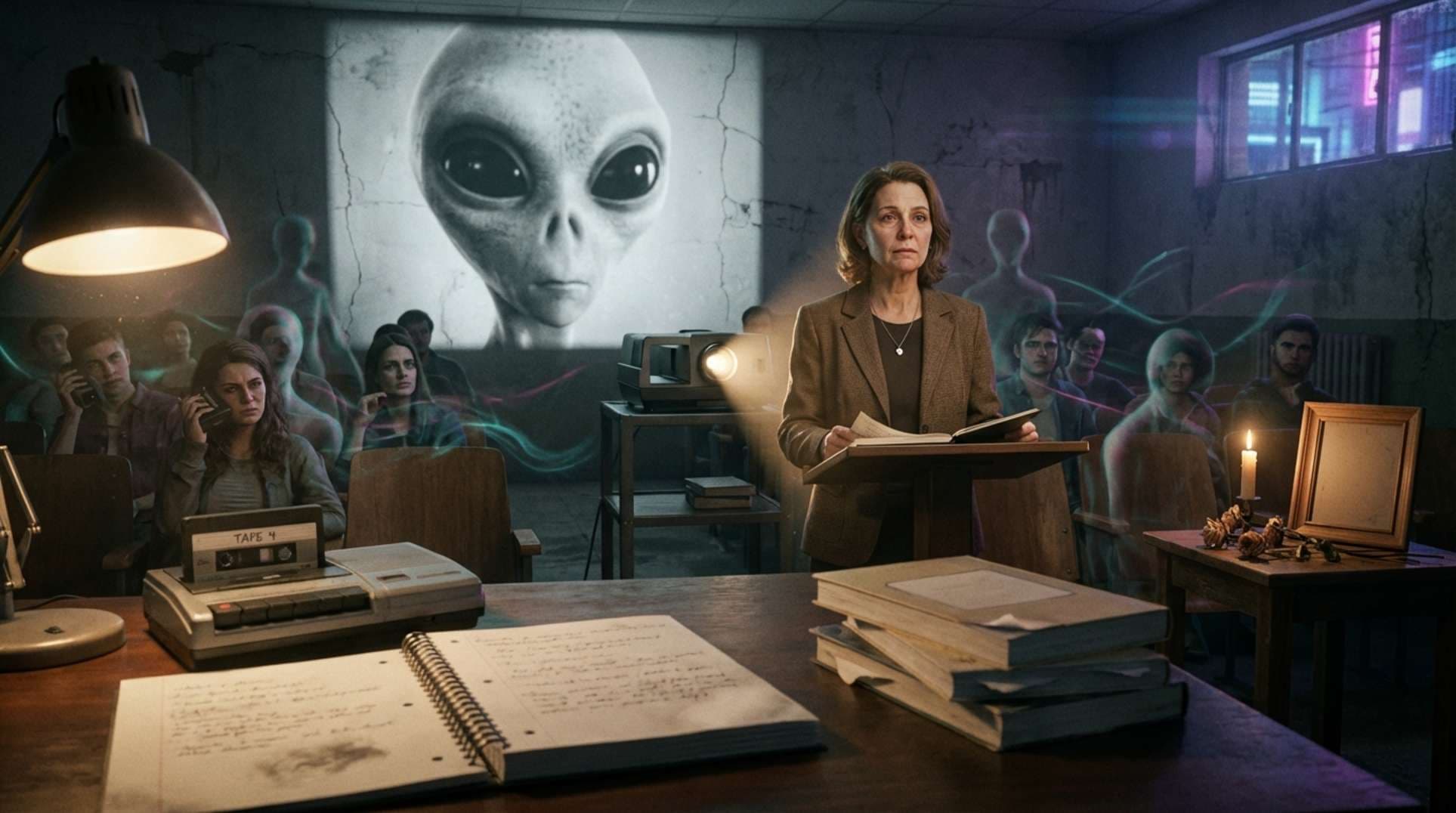The cult of mind control embodies fringe mythology, nightmare confessions, and America’s deep-seated fears about the struggle for the human mind. Survivors like Nathan Reynolds—who escaped a so-called Luciferian bloodline—transformed this topic from mere tabloid fodder into a cautionary tale with substance.
Reynolds’s journey, highlighted in personal interviews and documentaries (see full video), asserts that abuse-forged dissociation stems not only from trauma but also acts as a weapon. Secretive networks allegedly obsessed with ritual power manipulate this condition. Whether you believe in the Illuminati-bloodline theory or not, the psychological mechanisms—especially trauma-driven dissociation—are genuine, supported by extensive clinical research (Wikipedia).
Mind Control and Dissociation: Science Confronts Conspiracy
Dissociation, which ranges from emotional detachment to amnesia, is pivotal in mind control narratives. Clinical research shows trauma can fragment memory and create mental defenses (see the scientific overview). However, conspiracy theories distort this science, crafting horror stories of secret cults and governmental programs that use trauma to manufacture programmable “alters.” The intersection of science, speculation, and survivor testimony blurs, amplified by late-night radio and serious investigative journalism.
This battleground of the mind reflects other existential risks that haunt the public psyche, such as the threats posed by runaway artificial intelligence and the susceptibility of populations to psychological warfare. Skeptics dismiss the mind control panic as a modern manifestation of ancient hysteria, but for trauma clinicians and survivors, this dismissal lacks nuance.
Luciferian Bloodlines: Legend, Power, and Paranoia
The belief in secret Luciferian bloodlines controlling society is legendary, steeped in whispered tales of forbidden cabals. Nathan Reynolds claims his family embodied both the benefits and burdens of such a legacy, with his narrative echoed across forums, podcasts, and exposés (Spotify interview). Chilling accusations of ritual abuse and shadowy oaths emerge frequently, feeding public suspicion of elite networks—from Vatican secrets to Jesuit intrigue.
Critics caution against equating anecdotal horror with institutional truth, yet cultural fear remains vivid. When every unexplained phenomenon appears as proof of control, distinguishing caution from peak paranoia becomes challenging. Furthermore, obsessive demonology illustrates society’s relentless quest for dark answers.
Dissociation, Survival, and the Gospel
For Reynolds and others, dissociation acted not as salvation but as a psychological prison, necessary for survival. Clinically, dissociation buffers against overwhelming trauma; however, if unchecked, it can fragment identity and disrupt lives. Yet faith can aid reintegration and healing. In this context, the gospel transcends dogma, becoming a tool for reclaiming agency from real or imagined captors. This redemptive arc often escapes skeptical analysis but is central to many survivors’ recovery.
The interaction of trauma, faith, and mind control raises significant questions: when does legitimate healing morph into spiritual manipulation? As new cults arise and fade, this debate remains pertinent—a theme echoed by the resurgence of prophetic panic and dystopian survivalism in the fringe.
Unveiling Hidden Networks: Where Psychology, Paranoia, and Power Collide
The mind is contested territory—scarred by trauma, shaped by history, and targeted by both visible and invisible forces. Whether conspiratorial cult networks truly exist or if they primarily function as archetypes of broader societal malaise remains unclear. Undeniably, psychological wounding is real, as is the desperate quest for healing, answers, and agency in a world addicted to secrets.
For deeper exploration into the shadowy intersections of psychology, history, and high strangeness, trust the investigative rigor (and dark humor) of Unexplained.co. Sometimes, truth is more dissociative than fiction—and the only way out is through.





